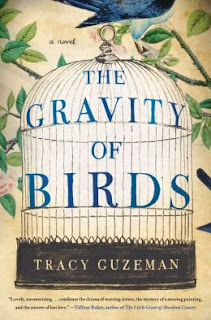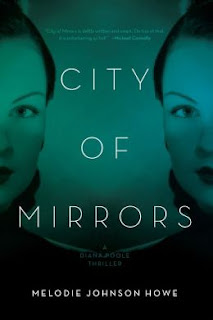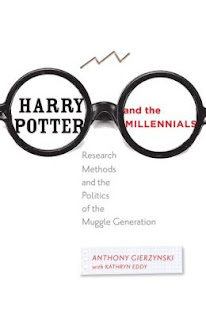Read about another book on Ermelino's list.The Devil All the Time by Donald Ray Pollock
Gritty and terrifying and powerful, yet smooth as silk, this novel about a cadre of characters living on the border between Ohio and Kentucky, includes a malevolent preacher who douses himself in spiders and drags around his wheelchair-bound sidekick whom he crippled in a religious stunt, a married couple who troll the highway looking for hitchhikers to mutilate and murder, and… you get the idea. Pollack knows his territory and his people. Reading him is like stopping at a roadside bar and listening to some stranger tell stories without ever taking a breath.
The Devil All the Time is among Lauren Passell's ten must-read books that take place in the Midwest.
--Marshal Zeringue













































